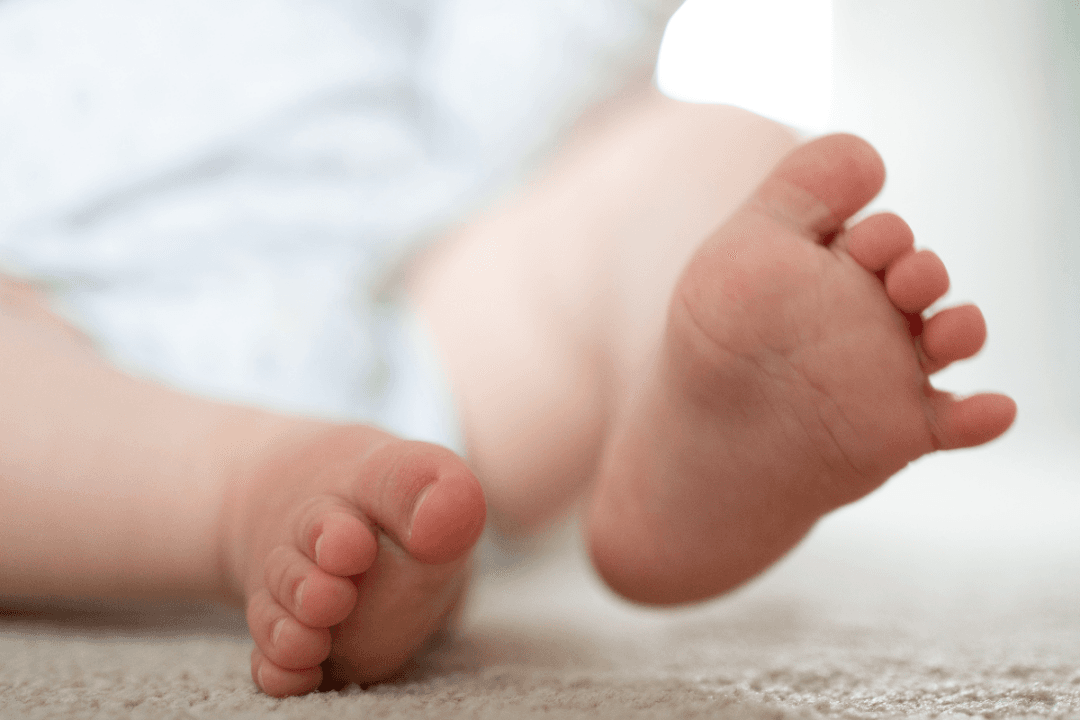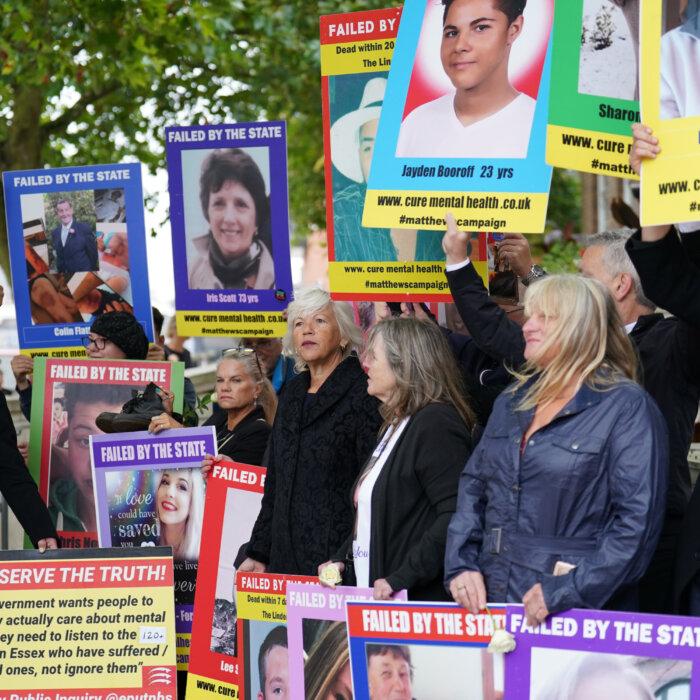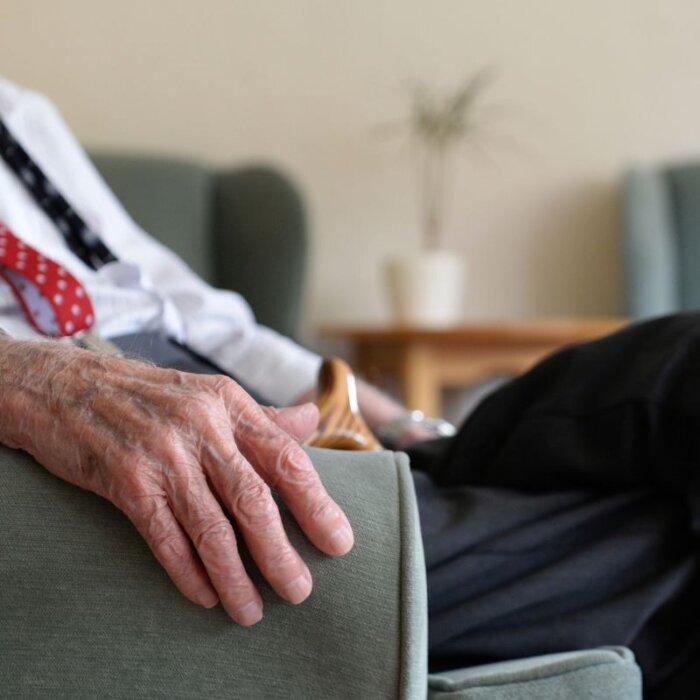Poor quality care and preventable harm in NHS maternity services “will become normalised” if action is not taken, the health care watchdog has warned.
Nearly half were rated as “requires improvement” (36 percent) or “inadequate” (12 percent).
Standards have fallen at some locations since their last inspections, with ratings for being well-led dropping by 2 levels at 12 maternity units and ratings for being safe dropping by 2 levels at 11 units.
The inspections, conducted between 2022 and 2024, also found that safety “remains a key concern,” with not one out of the 131 services having a rating of “outstanding” for being safe. In terms of the safety metric, almost half (47 percent) were rated as “requires improvement,” 35 percent were “good,” and nearly one in five (18 percent) were found to be “inadequate.”
The CQC said in cases where they had the most concerns, they used their enforcement powers to ensure NHS trusts made significant improvements to protect women and babies from harm.
“Although most services managed patient safety incidents well, we are concerned about the potential normalising of serious harm in maternity,” the report said.
Widespread Issues
The health care watchdog launched its national maternity inspection programme and examined all NHS hospital maternity locations which had not been inspected since before March 2021.It said while some hospitals provided good care and they found some excellent practice, “many” of the factors apparent at East Kent and Shrewsbury and Telford were widespread across England, and too many women and babies were not receiving the high-quality care that they should expect.
“Key issues continue to impact quality and safety—and disappointingly, none of them are new. Poor management of incidents with limited learning when things go wrong, failure to ensure safe and timely assessment at triage, unsuitable estates and access to essential equipment, a lack of oversight from trust Boards and significant challenges in recruiting and retaining staff,” the report said.
Poor maternity triage was one issue nationally that the CQC said required improvement, saying they found instances where women arrived at hospital and were not assessed in a timely manner due to issues with staffing. In come cases, delays were so severe that women discharged themselves before being seen by a midwife or doctor.
Nicola Wise, director of secondary and specialist care at the CQC, said: “Sadly, our latest maternity inspection programme has further evidenced the need for urgent action with continued problems indicating that the failings uncovered in recent high-profile investigations are not isolated to just a handful of individual trusts.
‘Cause for National Shame’
Health and Social Care Secretary Wes Streeting said that the CQC’s findings were a “cause for national shame.”Speaking at an Institute for Public Policy Research (IPPR) event in London, Streeting said, “Women deserve better—childbirth should not be something they fear or look back on with trauma.”
“It is simply unacceptable that nearly half of maternity units the CQC reviewed are delivering substandard care,” he added.
The minister said, “We’re keen to make sure that when it comes to the work that Donna Ockenden has already done, we make sure that those lessons are applied, not just in the case of those specific trusts, that actually right across the country.”
Findings published last week include that cancer care in the UK had fallen behind other countries, waiting times for hospital procedures had ballooned in 15 years, and waiting times at A&E have caused thousands of extra deaths annually.







